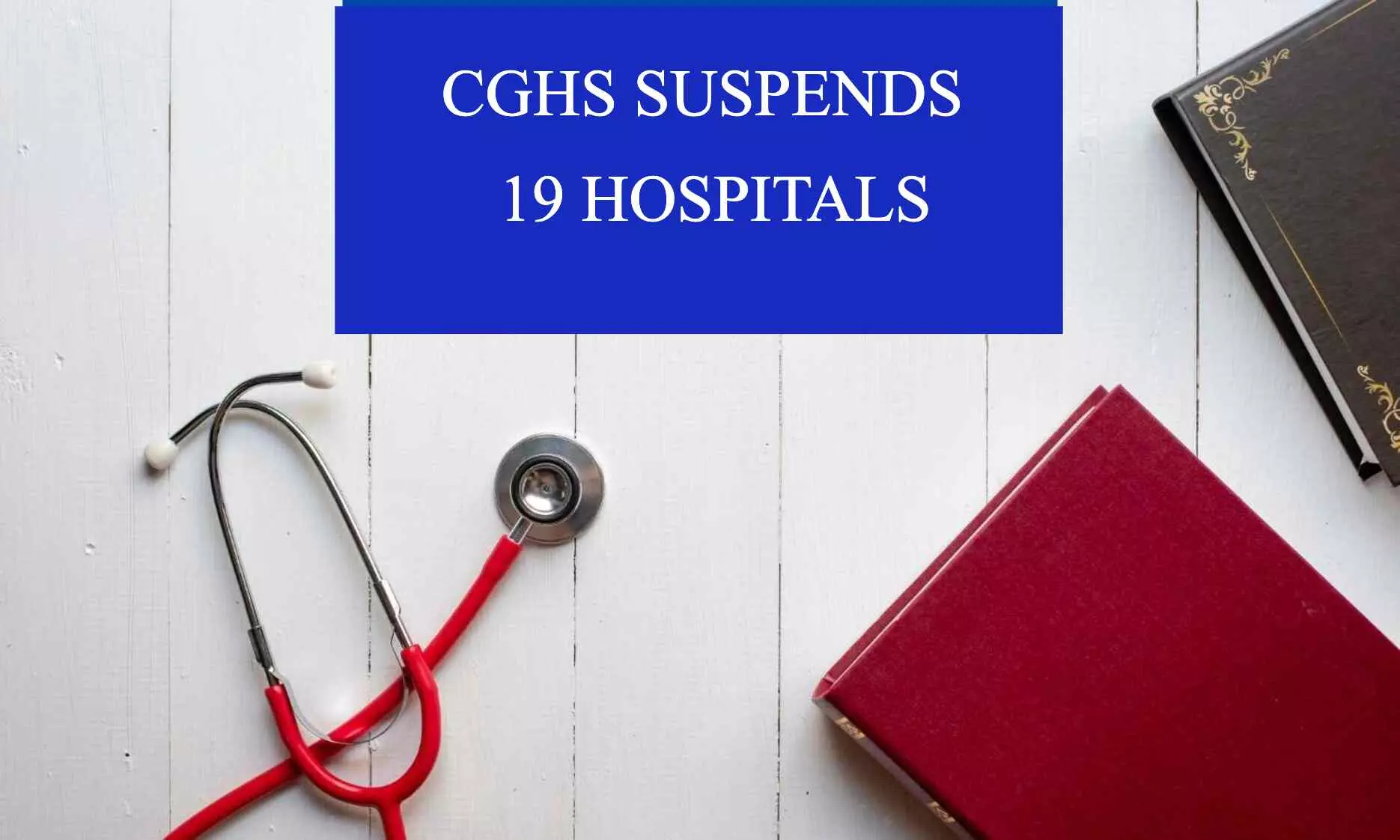- Home
- Medical news & Guidelines
- Anesthesiology
- Cardiology and CTVS
- Critical Care
- Dentistry
- Dermatology
- Diabetes and Endocrinology
- ENT
- Gastroenterology
- Medicine
- Nephrology
- Neurology
- Obstretics-Gynaecology
- Oncology
- Ophthalmology
- Orthopaedics
- Pediatrics-Neonatology
- Psychiatry
- Pulmonology
- Radiology
- Surgery
- Urology
- Laboratory Medicine
- Diet
- Nursing
- Paramedical
- Physiotherapy
- Health news
- Fact Check
- Bone Health Fact Check
- Brain Health Fact Check
- Cancer Related Fact Check
- Child Care Fact Check
- Dental and oral health fact check
- Diabetes and metabolic health fact check
- Diet and Nutrition Fact Check
- Eye and ENT Care Fact Check
- Fitness fact check
- Gut health fact check
- Heart health fact check
- Kidney health fact check
- Medical education fact check
- Men's health fact check
- Respiratory fact check
- Skin and hair care fact check
- Vaccine and Immunization fact check
- Women's health fact check
- AYUSH
- State News
- Andaman and Nicobar Islands
- Andhra Pradesh
- Arunachal Pradesh
- Assam
- Bihar
- Chandigarh
- Chattisgarh
- Dadra and Nagar Haveli
- Daman and Diu
- Delhi
- Goa
- Gujarat
- Haryana
- Himachal Pradesh
- Jammu & Kashmir
- Jharkhand
- Karnataka
- Kerala
- Ladakh
- Lakshadweep
- Madhya Pradesh
- Maharashtra
- Manipur
- Meghalaya
- Mizoram
- Nagaland
- Odisha
- Puducherry
- Punjab
- Rajasthan
- Sikkim
- Tamil Nadu
- Telangana
- Tripura
- Uttar Pradesh
- Uttrakhand
- West Bengal
- Medical Education
- Industry
39 percent increase in CGHS Beneficiaries Triggers Surge in Private Hospital Reimbursements

New Delhi: A 39 percent increase in beneficiaries under the Central Government Health Scheme (CGHS) has raised concerns over fraudulent billing, overcharging, and lack of oversight by empanelled hospitals. According to the Health Ministry, the reimbursements to empanelled private hospitals have risen from 24% of expenditure to almost 60% within 4 years.
Data presented by the Union Health Ministry in Parliament highlights a sharp rise in reimbursements to private hospitals, raising questions about the scheme’s cost-effectiveness and regulation.
The number of CGHS beneficiaries has surged by 39%, from 34.2 lakh in 2019-20 to 47.6 lakh in 2023-24. This has coincided with a steep 300% increase in reimbursements to private hospitals, which took a rapid hike from Rs. 935 crore in 2019-20 to Rs. 3,646 crore in 2023-24. As a result, the share of expenditure allocated to private hospitals under CGHS has risen from 24% to nearly 60% over this period, reports the Daily. During a parliamentary discussion on March 21, the health minister cited an advisory issued by the CGHS headquarters in December 2023, warning empanelled hospitals against fraudulent practices. The advisory acknowledged complaints from beneficiaries regarding overbilling, denial of treatment, and other grievances.
Medical Dialogues had earlier reported that the CGHS suspended the empanelment of 19 hospitals/Healthcare Organizations (HCOs) empanelled under CGHS Delhi/NCR for fraudulently raising fake and forged bills and admitting beneficiaries with their family members simultaneously multiple times and periodically.
Unlike the Ayushman Bharat scheme, which has a spending cap of Rs. 5 lakh per patient, CGHS imposes no such limit, further fuelling concerns about unchecked medical expenses. One of the public health experts told the Times of India that private facilities often press on performing surgery just to incur a bill for it. "So, you keep milking the exchequer with no accountability, no ceiling and no checks and balances. There is no oversight over whether treatment was necessary, whether it contributed to the individual's health, or whether it could have been prevented," he stated.
Another public health expert employed in a government facility told the Daily that the rise in numbers is alarming, considering that it might be an indicator that instead of low-cost ambulatory management or preventive care, CGHS doctors are concentrating more on a demand-driven healthcare model."The increase in spending on private hospitals is concerning since it shows neglect of preventive care and low-cost ambulatory management by CGHS doctors in their setup, in preference to demand-driven, hospital-based, and curative care. CGHS was conceived as a general practitioner, neighbourhood set up to provide comprehensive care starting with preventive, promotive care across the life-cycle of families. Today, it has degenerated into referral agencies for private hospitals without any due diligence on the need for referral and its cost-effectiveness on a case-by-case basis," stated the doctor.
Between 2019-20 and 2023-24, total government expenditure on CGHS has increased by 54%. The growing financial burden, coupled with allegations of malpractice, has prompted calls for stricter oversight and regulatory reforms.
Sanchari Chattopadhyay has pursued her M.A in English and Culture Studies from the University of Burdwan, West Bengal. She likes observing cultural specificities and exploring new places.




